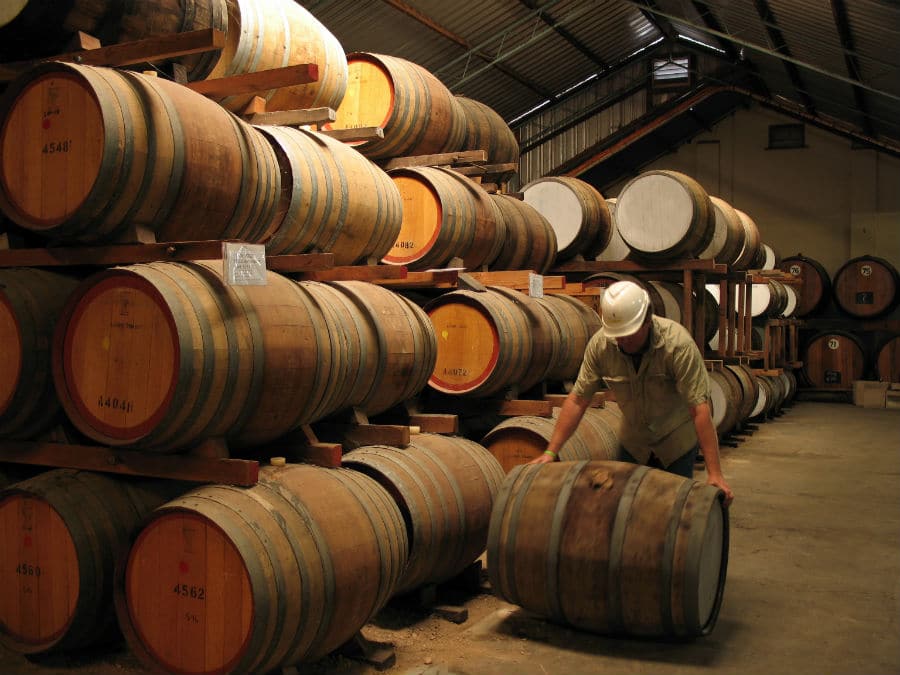
Sustainability is the word on everyone's lips - as it should be.
Everyday, we're becoming increasing more aware of the environmental impacts of the products we're consuming. Especially in areas like crop and livestock farming - practices which can impact thousands of hectares of land.
But have you ever stopped to think about wine-making? Another practice requiring huge plots of land. What impact do wineries have on our planet? How do we know is our wine is being made sustainably?
Tony Ingle, chief winemaker at Angove Organic tells us all we need to know about sustainable wine.
How can we know what wines are sustainable? Is organic wine more sustainable?
The main distinction between traditional wine and Certified Organic Wine is that, by definition, Certified Organic Wine must adhere to strict organic protocol - in other words, it must be made without using any artificial chemicals, fertilisers, pesticides, fungicides or herbicides. The result is a fully organic process that is better for the wine, the land and wildlife. Less pollution and better soil quality, protecting the land for future generations.
No nasty chemical residue is left on the plants or in the surrounding soil and groundwater- reducing chemical runoff in drinking water and coastal areas, which can have a devastating impact on marine life, wildlife and plants. Our organic vines tend to need less water applied to them because the soil is built up with more compost and organic matter, which holds the water far better - increasing the resilience of the vineyard during periods of drought. We have also introduced drip irrigation, tank installation, vine mulching and reusing winery water to nurture a wood lot planted with native species.
How can wine-making be more sustainable?
We strive to be a world leader in sustainable practices that encourage biodiversity, protect the natural ecosystem, and reduce landfill and greenhouse gas emissions. The weeds in the vineyards may not always be aesthetically pleasing, however their presence assists the levels of nitrogen in the soil, essential for healthy vine growth. The environment attracts many native animal species to the area, including insects, bats and birds, which help to fight off pests naturally. A study by the Soil Association found that organic farms attract up to 50% more plants, birds and native wildlife than conventional farms.
Even the feathered members of our family have a special role to play. At our Warboys vineyard in McLaren Vale a family of Indian Runner ducks are our regular ‘Employees of the Month.’ The ducks work alongside our human staff to ensure that our wines maintain their Certified Organic status, by eating the snails that make their way into the vine canopy and munch on the grapes.
At Angove Family Winemakers, a multi-generation 134-year-old wine company, organic is our passion. We are Australia’s leading and largest certified organic grape grower and winemaker, deeply committed to sustainable practices and nurturing the environment at every stage of the winemaking process.



